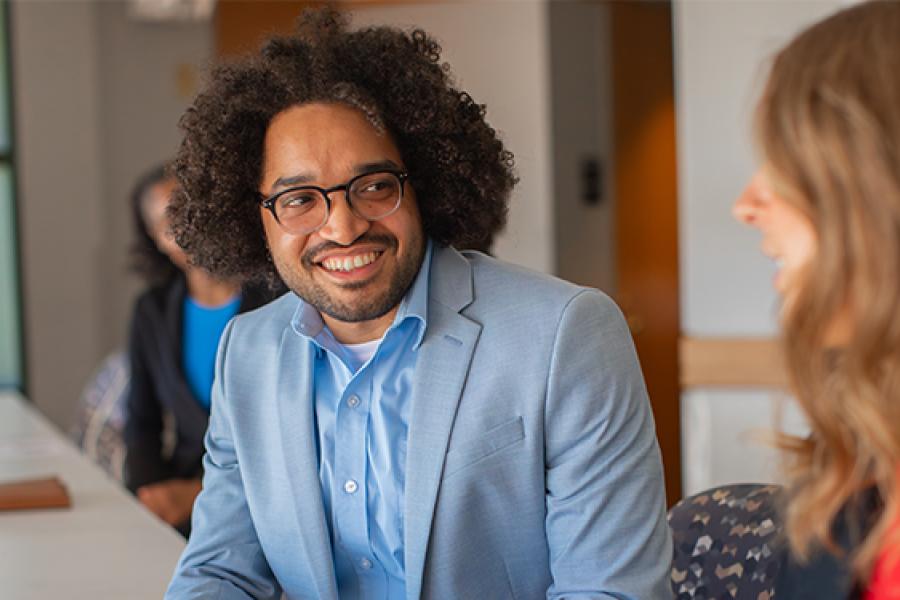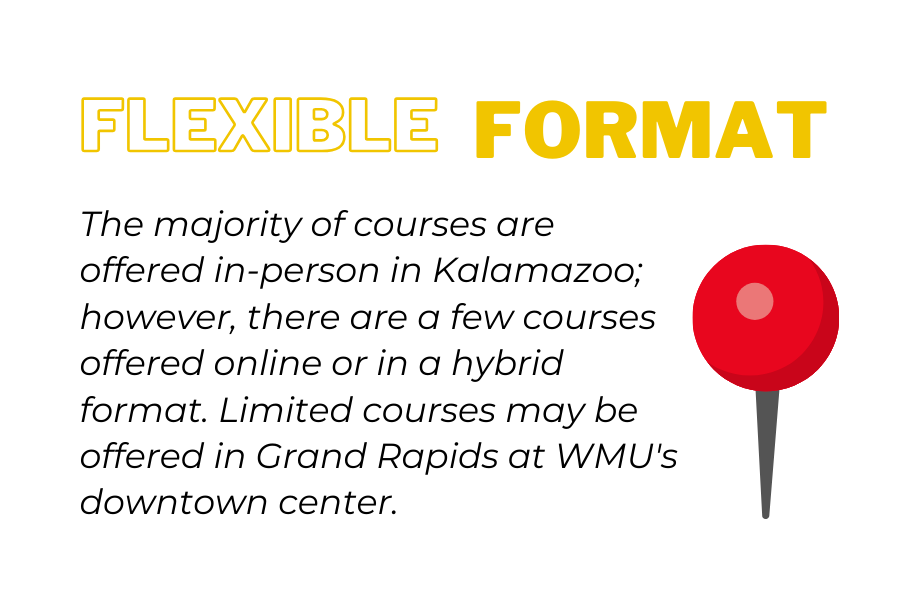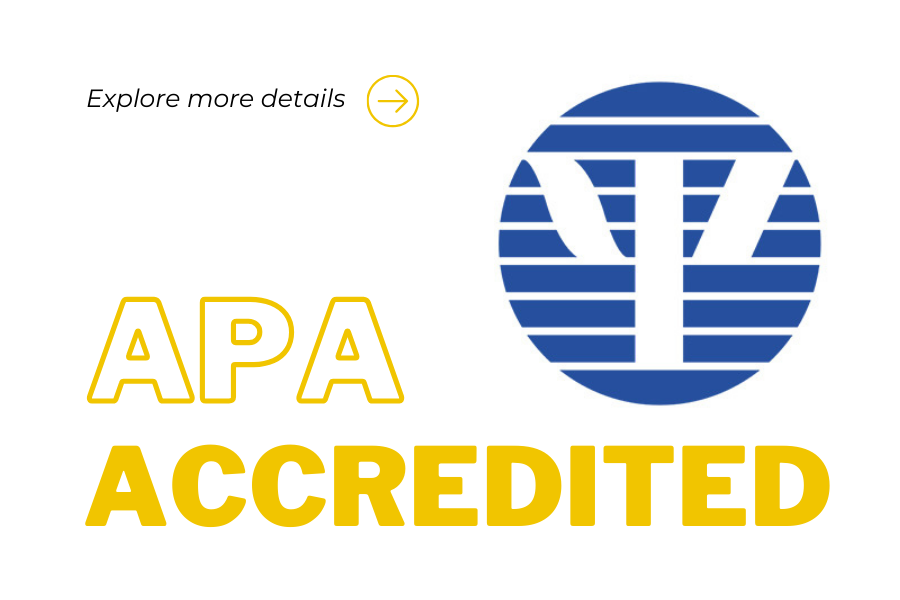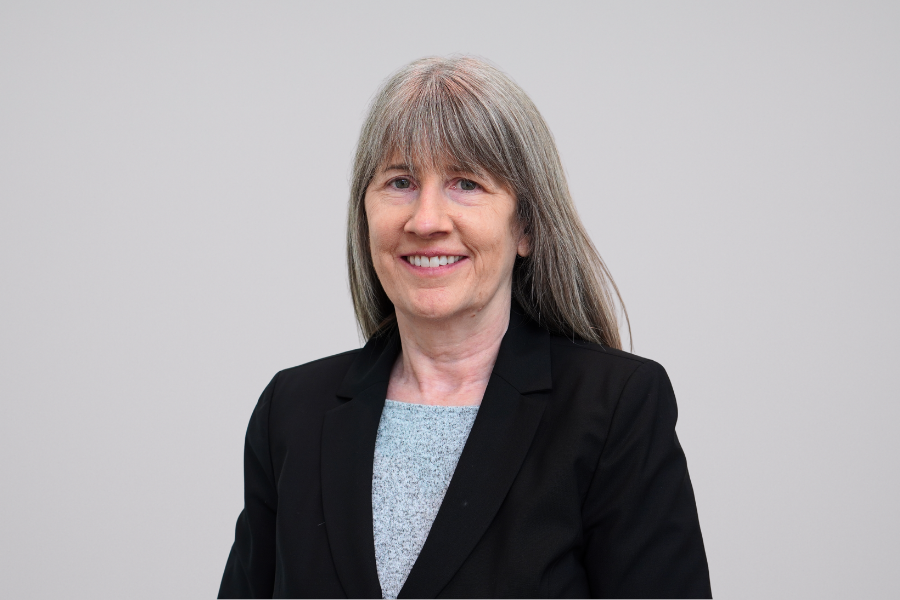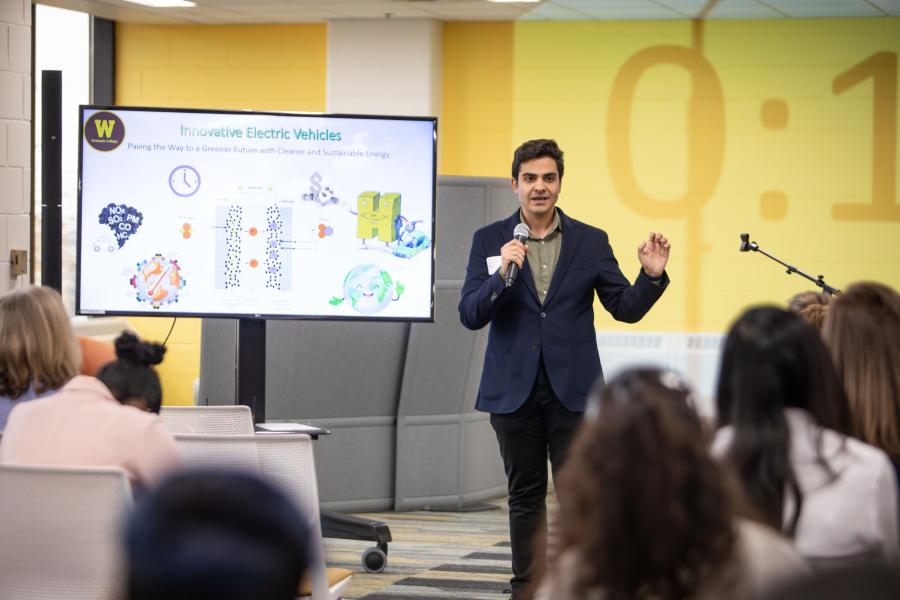Overview
The Counseling Psychology Doctoral Program, established in 1978, is housed in the Department of Counselor Education and Counseling Psychology and is grounded in a strong scientist–practitioner philosophy. The program emphasizes the seamless integration of theory, research, and clinical practice, viewing each as essential and mutually reinforcing. Through rigorous coursework, supervised clinical training, and meaningful research experiences, students develop the professional competence and ethical foundation required for advanced psychological practice. Admissions data, student outcomes, and program statistics are transparently shared to support prospective students in making informed decisions. Graduates pursue diverse and impactful careers in academic settings, university counseling centers, community mental health agencies, hospitals, and independent practice.
The Counseling Psychology Training Committee oversees program quality and standards. Graduates meet Michigan licensure requirements as psychologists, and APA accreditation positions students competitively to pursue licensure across many other states. This commitment ensures excellence, accountability, and leadership in psychology training.

Attend an informational session!

Learn more about the program by attending one of our virtual information sessions. These sessions offer the opportunity to meet with a faculty member—and occasionally a current student—to gain a deeper understanding of the program structure, coursework, and application process. Participants are encouraged to ask questions and engage in conversation about how the program can support their professional goals.
Discover more
